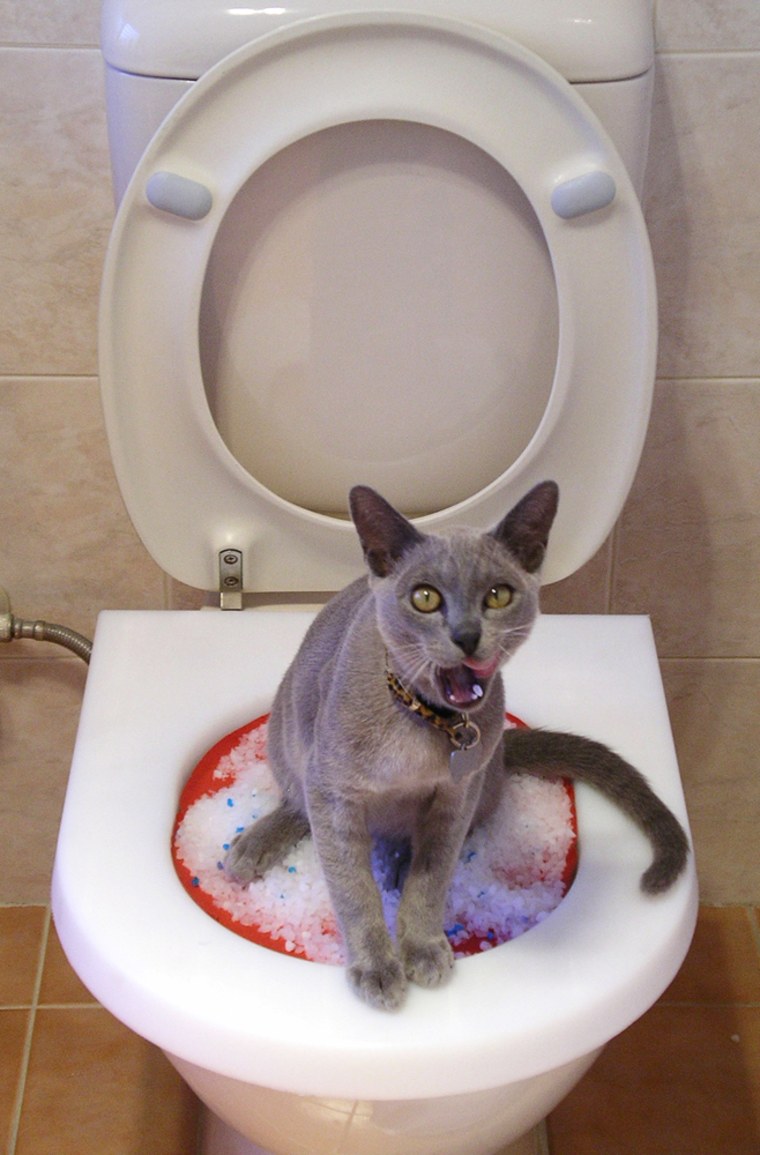Why Flushing Cat Poop Down Your Toilet Isn't a Good Idea - Advice for Safer Disposal
Why Flushing Cat Poop Down Your Toilet Isn't a Good Idea - Advice for Safer Disposal
Blog Article
Just how do you actually feel when it comes to How to Dispose of Cat Poop and Litter Without Plastic Bags?

Intro
As feline proprietors, it's important to bear in mind exactly how we deal with our feline pals' waste. While it may seem practical to flush feline poop down the commode, this method can have damaging repercussions for both the environment and human health and wellness.
Alternatives to Flushing
Luckily, there are more secure and much more accountable ways to throw away feline poop. Consider the complying with choices:
1. Scoop and Dispose in Trash
One of the most common technique of disposing of cat poop is to scoop it right into a naturally degradable bag and toss it in the garbage. Make certain to utilize a devoted litter inside story and get rid of the waste promptly.
2. Use Biodegradable Litter
Go with biodegradable cat clutter made from materials such as corn or wheat. These trashes are eco-friendly and can be safely gotten rid of in the trash.
3. Bury in the Yard
If you have a yard, take into consideration hiding cat waste in a designated location away from veggie gardens and water resources. Make certain to dig deep sufficient to stop contamination of groundwater.
4. Install a Pet Waste Disposal System
Purchase a pet waste disposal system especially created for feline waste. These systems use enzymes to break down the waste, reducing smell and ecological impact.
Wellness Risks
In addition to environmental concerns, purging pet cat waste can likewise present health risks to humans. Feline feces might contain Toxoplasma gondii, a parasite that can trigger toxoplasmosis-- a potentially serious ailment, particularly for expecting women and people with damaged immune systems.
Environmental Impact
Purging pet cat poop introduces damaging pathogens and parasites into the water supply, presenting a substantial threat to marine environments. These pollutants can negatively affect aquatic life and compromise water quality.
Verdict
Accountable animal ownership extends beyond offering food and shelter-- it additionally involves correct waste management. By avoiding flushing feline poop down the commode and choosing different disposal techniques, we can reduce our environmental impact and safeguard human wellness.
Why Can’t I Flush Cat Poop?
It Spreads a Parasite
Cats are frequently infected with a parasite called toxoplasma gondii. The parasite causes an infection called toxoplasmosis. It is usually harmless to cats. The parasite only uses cat poop as a host for its eggs. Otherwise, the cat’s immune system usually keeps the infection at low enough levels to maintain its own health. But it does not stop the develop of eggs. These eggs are tiny and surprisingly tough. They may survive for a year before they begin to grow. But that’s the problem.
Our wastewater system is not designed to deal with toxoplasmosis eggs. Instead, most eggs will flush from your toilet into sewers and wastewater management plants. After the sewage is treated for many other harmful things in it, it is typically released into local rivers, lakes, or oceans. Here, the toxoplasmosis eggs can find new hosts, including starfish, crabs, otters, and many other wildlife. For many, this is a significant risk to their health. Toxoplasmosis can also end up infecting water sources that are important for agriculture, which means our deer, pigs, and sheep can get infected too.
Is There Risk to Humans?
There can be a risk to human life from flushing cat poop down the toilet. If you do so, the parasites from your cat’s poop can end up in shellfish, game animals, or livestock. If this meat is then served raw or undercooked, the people who eat it can get sick.
In fact, according to the CDC, 40 million people in the United States are infected with toxoplasma gondii. They get it from exposure to infected seafood, or from some kind of cat poop contamination, like drinking from a stream that is contaminated or touching anything that has come into contact with cat poop. That includes just cleaning a cat litter box.
Most people who get infected with these parasites will not develop any symptoms. However, for pregnant women or for those with compromised immune systems, the parasite can cause severe health problems.
How to Handle Cat Poop
The best way to handle cat poop is actually to clean the box more often. The eggs that the parasite sheds will not become active until one to five days after the cat poops. That means that if you clean daily, you’re much less likely to come into direct contact with infectious eggs.
That said, always dispose of cat poop in the garbage and not down the toilet. Wash your hands before and after you clean the litter box, and bring the bag of poop right outside to your garbage bins.
https://trenchlesssolutionsusa.com/why-cant-i-flush-cat-poop/

I hope you enjoyed our piece about Can You Flush Cat Poo or Litter Down the Toilet?. Thanks so much for taking a few minutes to read our article. Do you know somebody else who is enthusiastic about the niche? Be sure promote it. We love reading our article about Don’t flush cat feces down the toilet.
Go Deal Now Report this page